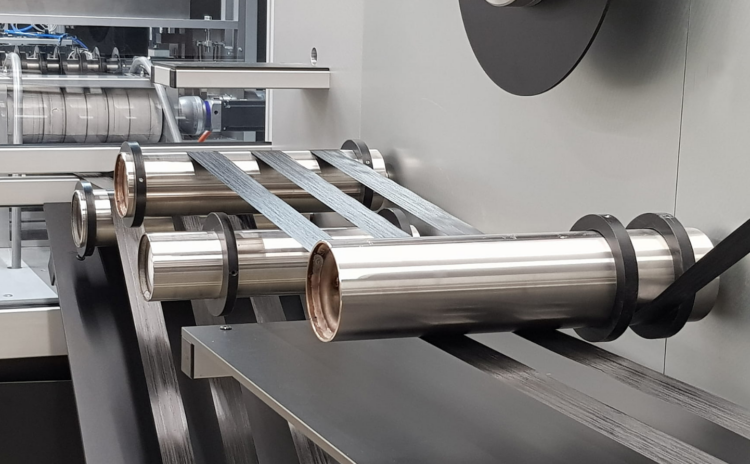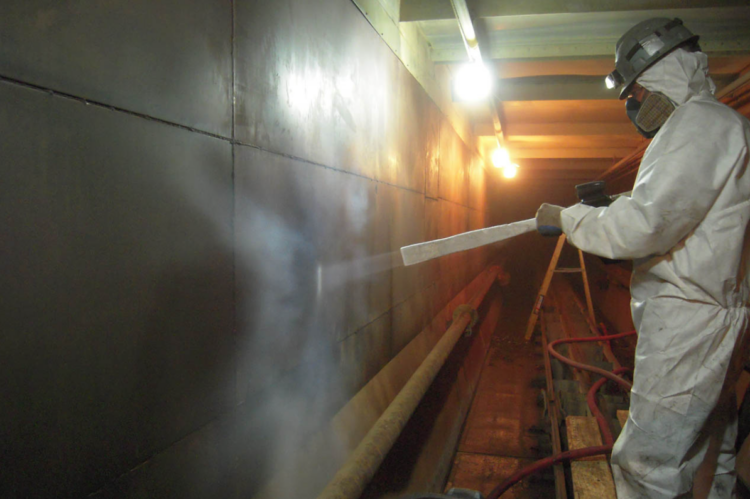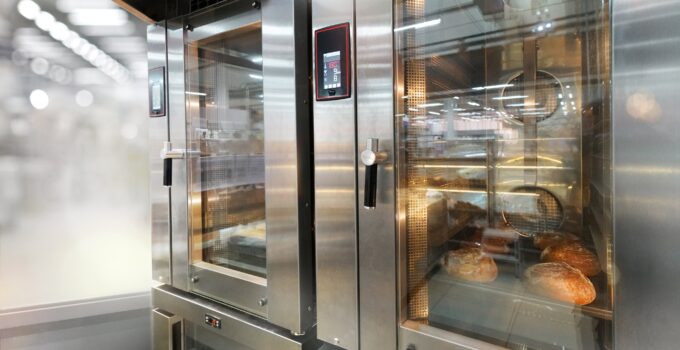Industrial ovens are commonly associated with baking and food processing, but their applications extend far beyond the culinary realm. These versatile and efficient machines find utility in a wide range of industries, from manufacturing and automotive to pharmaceuticals and aerospace.
In this article, we will explore the unique applications of industrial ovens in different sectors, highlighting their significant contributions to various industrial processes.
Page Contents
Powder Coating and Finishing
Industrial ovens play a crucial role in powder coating and finishing applications. After a surface has been coated with a powder, it needs to undergo a curing process to achieve a durable and attractive finish. Industrial ovens provide the necessary heat to cure the coating, allowing it to bond properly to the substrate.
With precise temperature control and uniform heat distribution, they ensure consistent and high-quality finishes across a variety of materials.
Composite Material Manufacturing

Source: produktion2030.se
In the aerospace and automotive industries, composite materials are increasingly used for their high strength-to-weight ratio. Industrial ovens are instrumental in the production of composite materials, as they facilitate the curing process.
They create controlled environments where the composite materials can cure at specific temperatures and durations, ensuring optimal strength and performance. Additionally, they can be designed to accommodate large parts or complex shapes, enabling the manufacturing of aerospace components, automotive parts, and more.
Drying and Curing
Industrial ovens are extensively employed for drying and curing applications in industries such as pharmaceuticals, chemicals, and textiles. In pharmaceutical manufacturing, they are used to dry and sterilize medicines and equipment.
In the chemical industry, they facilitate the curing of coatings, adhesives, and sealants. Textile manufacturers utilize industrial ovens to dry fabrics and set dyes. The precise temperature control and consistent airflow provided by these ovens ensure efficient and reliable drying and curing processes.
Heat Treatment

Source: collinsaerospace.com
Heat treatment is a critical process employed in industries like metallurgy, automotive, and tool manufacturing. Industrial ovens are utilized for annealing, tempering, quenching, and stress-relieving metals to enhance their mechanical properties.
By subjecting metals to controlled heating and cooling cycles, industrial ovens enable the achievement of desired hardness, toughness, and durability. This ensures that metal components used in various industries meet strict quality and performance standards.
Electronics and Semiconductor Industry: The electronics and semiconductor industry heavily relies on industrial ovens for several applications. One such application is the drying and curing of printed circuit boards (PCBs) and electronic components.
These ovens remove moisture from PCBs and cure the protective coatings, ensuring the reliability and longevity of electronic devices. Furthermore, industrial varieties are used in the semiconductor industry to anneal and cure wafers, playing a crucial role in the fabrication of microchips and integrated circuits.
Summary

Source: snowwhiteservices.com
Industrial ovens have transcended their traditional association with baking and have become indispensable in various industries. Their versatility and efficiency make them invaluable for powder coating, composite material manufacturing, drying and curing processes, heat treatment, and the electronics and semiconductor industry.
As technology continues to advance, they will likely find even more unique applications in emerging sectors. Their ability to provide precise temperature control, uniform heat distribution, and large-scale capabilities makes them an essential tool for optimizing industrial processes across diverse industries.





